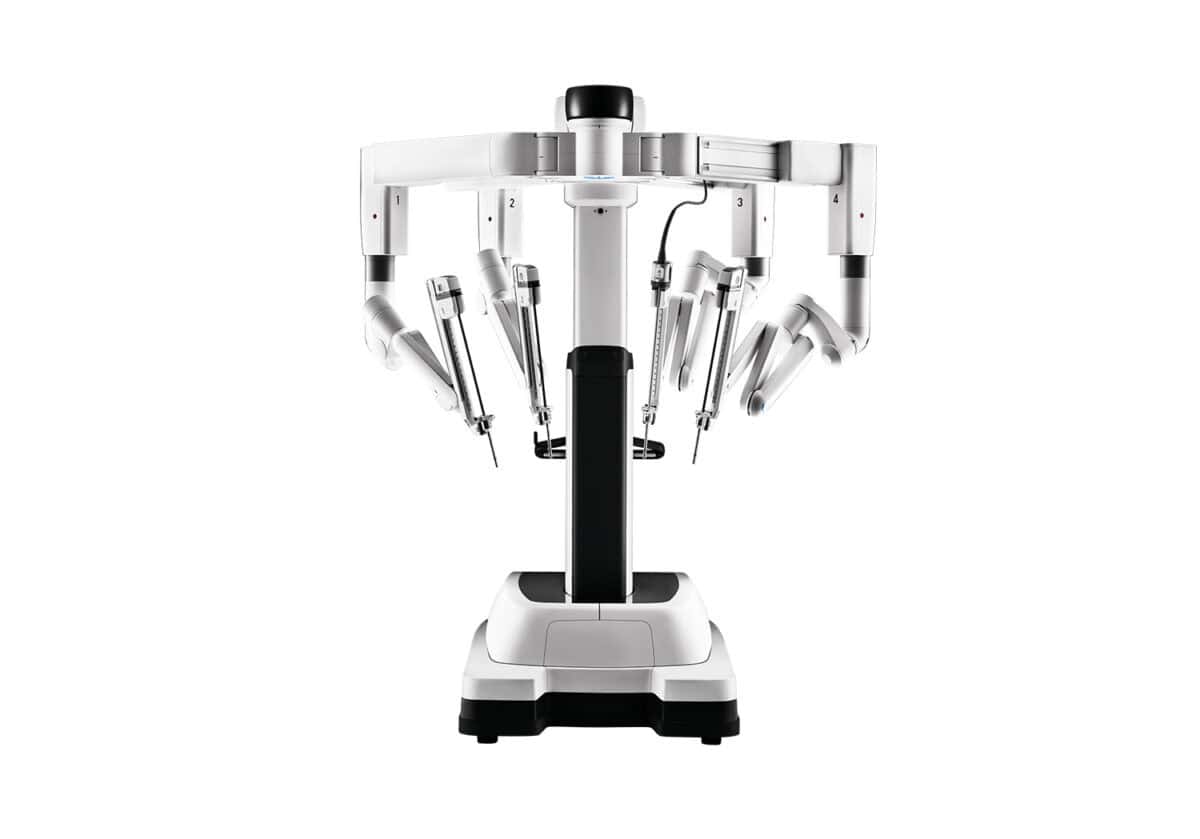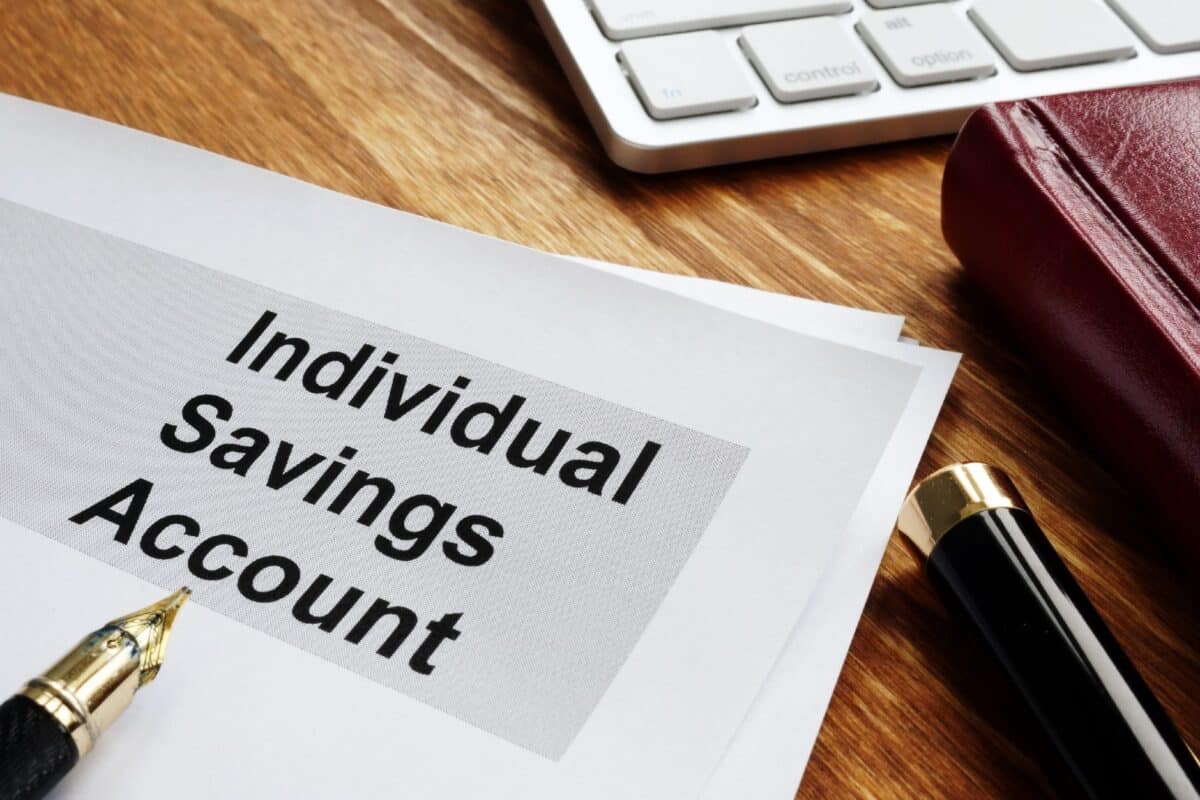The global stock market has been falling as concerns multiply. These include rising US unemployment, recession fears, a possible artificial intelligence (AI) bubble, and the deteriorating Middle East situation.
In the US, the tech-heavy Nasdaq is now in correction territory, having declined 10% from a recent record high. The S&P 500 is down 5.6% in three weeks.
Meanwhile, the FTSE 100 has dropped 3.5% already in August. Some now fear this sell-off could become a crash!
Should you invest £1,000 in Intuitive Surgical right now?
When investing expert Mark Rogers has a stock tip, it can pay to listen. After all, the flagship Motley Fool Share Advisor newsletter he has run for nearly a decade has provided thousands of paying members with top stock recommendations from the UK and US markets. And right now, Mark thinks there are 6 standout stocks that investors should consider buying. Want to see if Intuitive Surgical made the list?
My response
While this volatility is unwelcome, it’s also inevitable. It’s essentially the admission fee to invest in the stock market.
But selling my stocks out of fear certainly isn’t going to help. Neither is morbidly checking my investing account over and over again.
In such situations, it’s better to swim, meditate, walk the dog, read a novel, meet with a friend, watch a Netflix series. Anything but doom-scrolling scary financial news headlines and endlessly looking at my portfolio’s falling value.
It’s also important to remind myself why I’m a long-term investor. It’s because I’m attempting to build wealth for my retirement. By that point, today’s volatility should be a small zigzag on a chart.
History teaches us that the stock market goes up over time. But it doesn’t do so in a straight line. This means I will have to endure many of these sharp pullbacks.
On my crash list
If this does develop into a crash, I plan to buy more shares of Intuitive Surgical (NASDAQ: ISRG) in my ISA.
The firm’s da Vinci robotic systems have revolutionised surgery by helping physicians perform minimally invasive procedures, from removing tumours to repairing hernias. Intuitive is a global leader.
The share price has surged 162% in five years. And while I’m chomping at the bit to buy more shares, I can’t justify doing so while the forward price-to-earnings ratio (P/S) is 66.
A forward-looking P/E ratio of 66 means investors are paying $66 for every $1 of 2024’s forecast earnings. This high valuation indicates very rosy expectations for future growth.
To be fair though, the firm is still delivering the goods after two decades of growth. In Q2, revenue jumped 14% year on year to $2.1bn, while adjusted earnings per share (EPS) increased to $1.78, up from $1.42.
Its installed base of systems rose 14% to reach 9,203 and worldwide procedures grew 17%.
Last year, around 83% of the company’s revenue was recurring, with much of that coming from instruments and accessories needed to run the machines. Like the Gillette brand, Intuitive makes most of its profit on the blades not the one-time razors. It’s a powerful business model.

One risk here is that management has noted that bariatric — or weight-loss — surgeries like gastric bypasses have been falling. CEO Gary Guthart said: “The GLP-1s [weight-loss drugs] are changing the surgical market”.
Fortunately, these procedures account for no more than 5% of the total, so I’m not overly worried. But it’s a risk worth keeping an eye on.
Looking ahead, the opportunity remains large. Last year, only about 5% of surgeries that could be done robotically were performed this way. However, as emerging markets advance, this is likely to increase.
If the market crashes this year, I’ll happily snap up more shares of this wonderful business.








